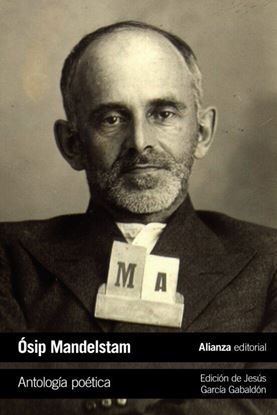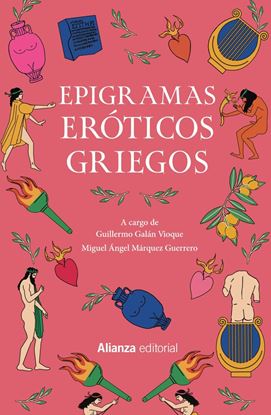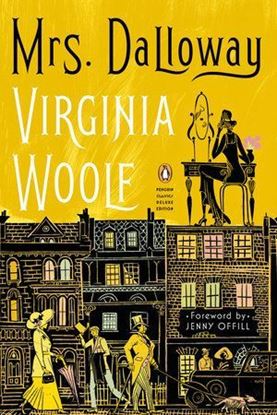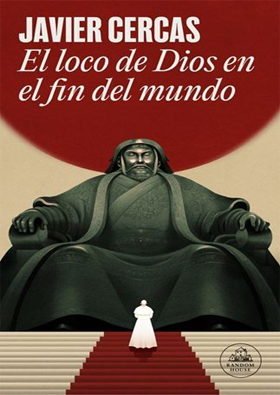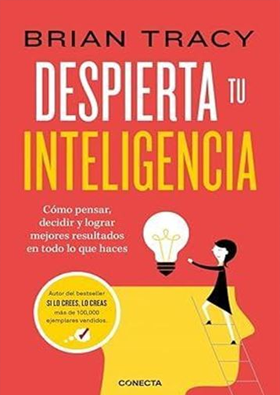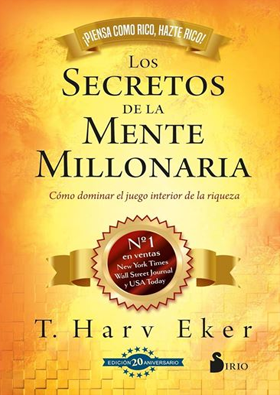

ANTOLOGIA POETICA
"La poesía -escribió Ósip Mandelstam (1891-1938)-, es un arado que revienta el tiempo de tal forma que las capas más profundas, su humus, quedan en la superficie." Esta amplia y representativa antología del poeta ruso, uno de los mejores del siglo XX, recoge muestras de su obra desde su primer libro, "La Piedra", influido aún por el esteticismo de las vanguardias europeas, hasta el tercero y último de ellos, los "Cuadernos de Vorónezh", escritos en su segundo destierro y culminación de su arte poética en la que encarna hombre y tiempo en su propia persona y dolorosa circunstancia. Mandelstam fue una de las muchas víctimas del absolutismo estalinista.
1,100
EPIGRAMAS EROTICOS GRIEGOS (TD)
Un recorrido penetrante y sin complejos por el espectro completo del deseo sexual de los antiguos. El poeta latino Marcial definía el epigrama como «una poesía breve que termina con una broma picante». Aquí se reúnen los epigramas de los libros V y XII de la "Antología palatina", poemas dedicados, respectivamente, a mujeres y a hombres.
1,100
MRS. DALLOWAY (DELUXE)
"Mrs. Dalloway said she would buy the flowers herself." It's one of the most famous opening lines in literature, that of Virginia Woolf's beloved masterpiece of time, memory, and the city. In the wake of World War I and the 1918 flu pandemic, Clarissa Dalloway, elegant and vivacious, is preparing for a party and remembering those she once loved. In another part of London, Septimus Smith is suffering from shell-shock and on the brink of madness. Their days interweave and their lives converge as the party reaches its glittering climax. In a novel in which she perfects the interior monologue and recapitulates the life cycle in the hours of the day, from first light to the dark of night, Woolf achieves an uncanny simulacrum of consciousness, bringing past, present, and future together, and recording, impression by impression, minute by minute, the feel of life itself.
1,100


